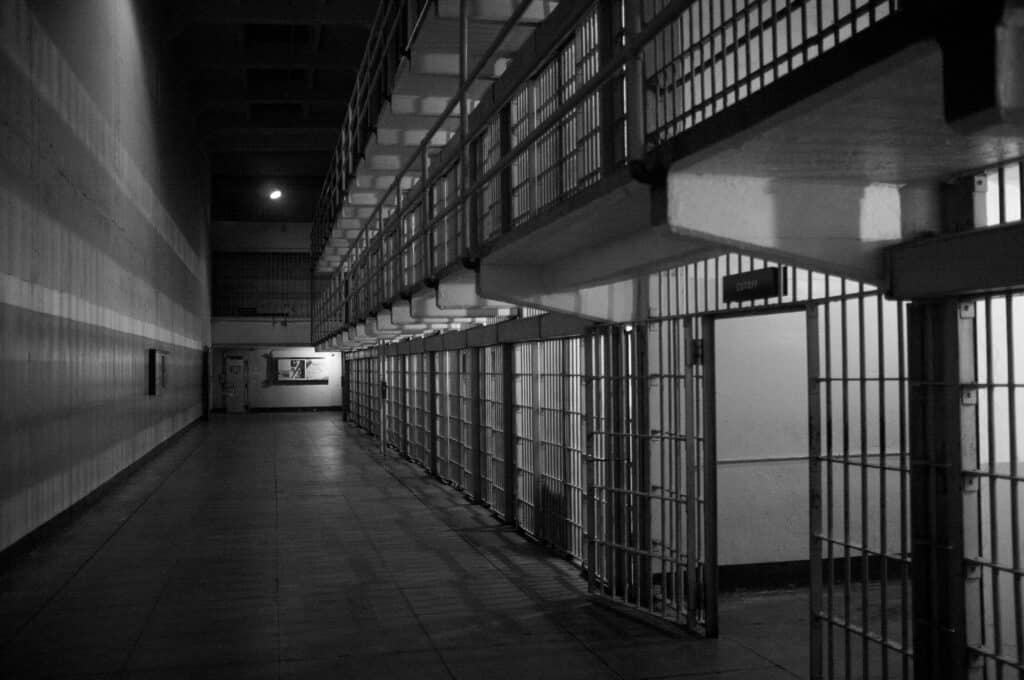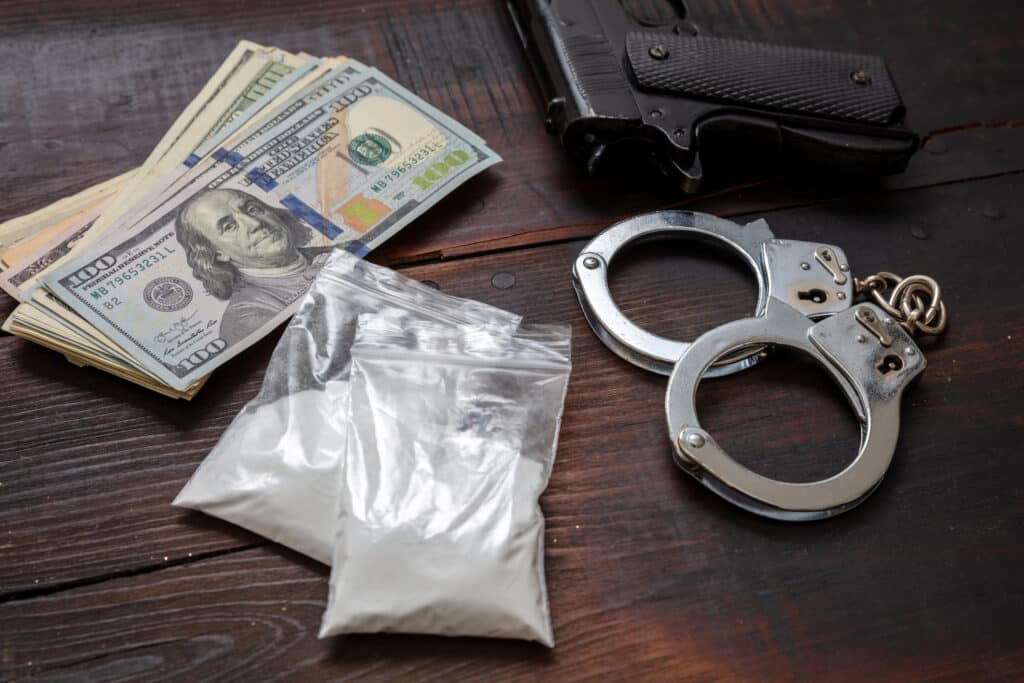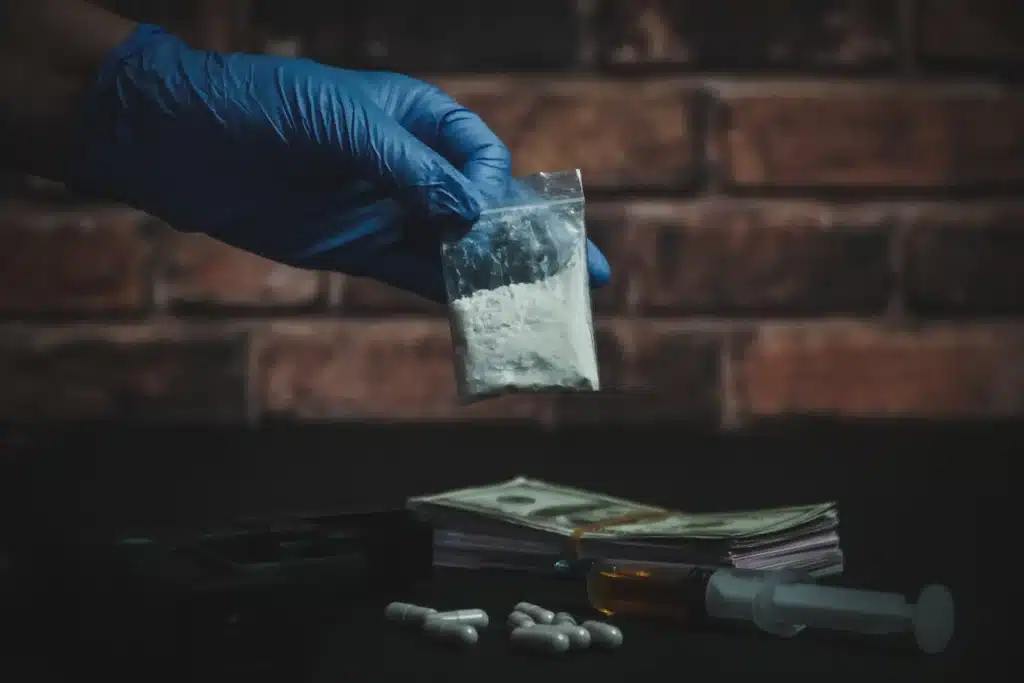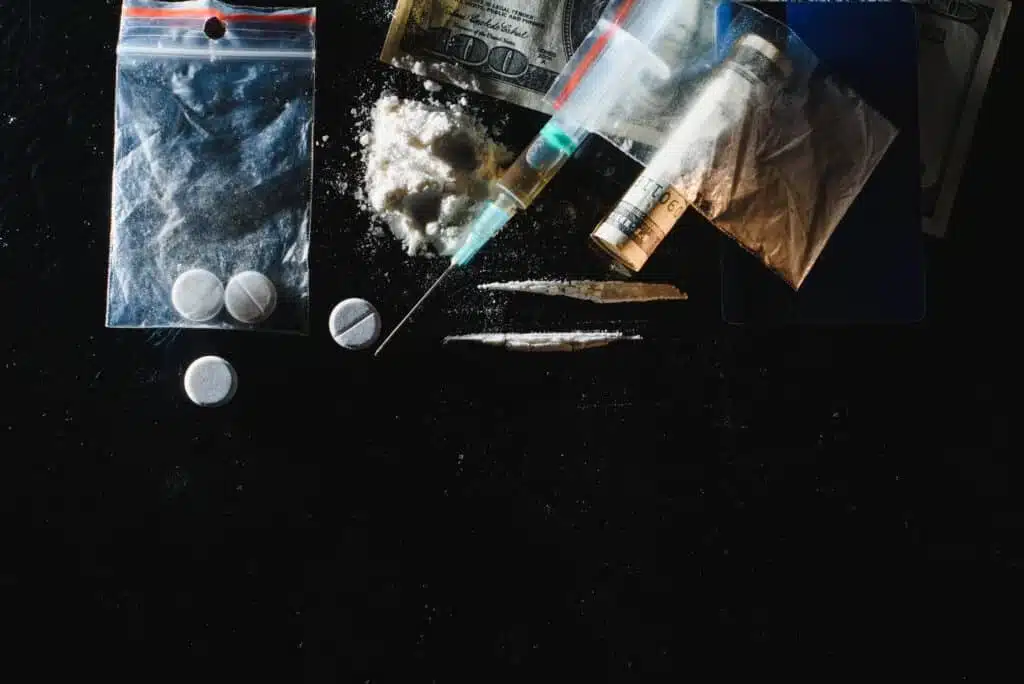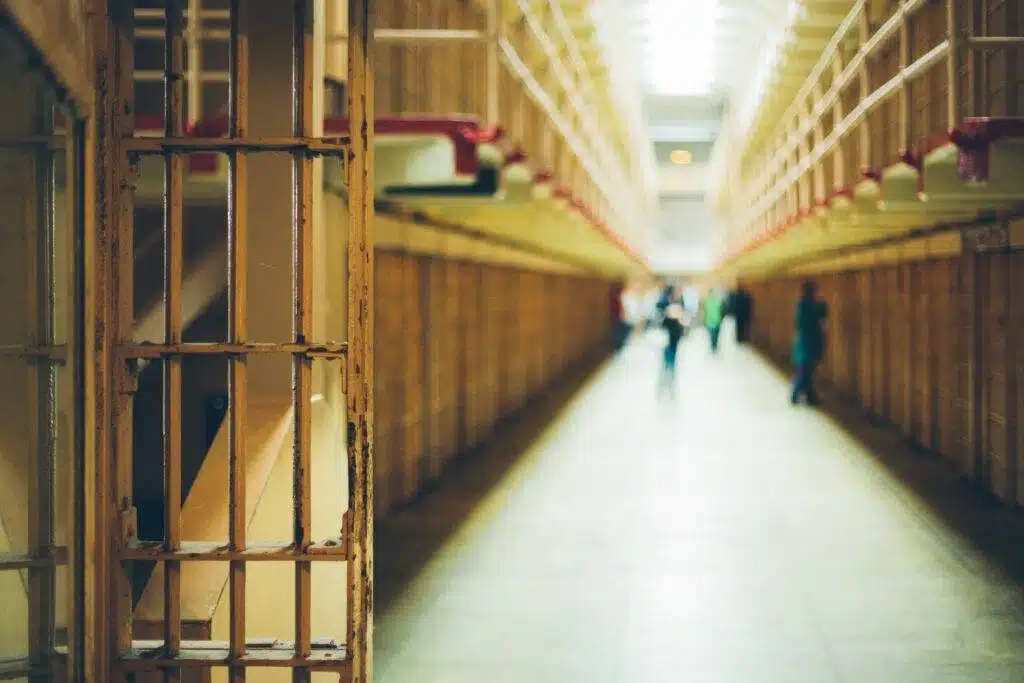When your child is facing a drug charges, it’s natural to feel overwhelmed. A teen’s arrest can be confusing, frightening, and leave you wondering what happens next. While every case is different, Colorado’s juvenile justice system is built around the principle of rehabilitation over punishment, especially when it comes to first-time and nonviolent offenses.
Though drug-related charges are serious, early action, strong family involvement, and the right legal support can make a major difference. Here are six things Colorado parents should know if their child is facing juvenile drug charges.
1. Colorado juvenile court is where most cases begin.
If your child is under 18, their case will typically go through juvenile court rather than adult criminal court, unless they’ve been charged with a serious, qualifying felony.
Colorado’s juvenile courts focus on rehabilitation, and judges often make recommendations like treatment, education, and supervision instead of incarceration.
Common charges that bring teens into the juvenile system include:
- Possession of controlled substances, like opioids or stimulants
- Unlawful possession of marijuana by anyone under 21
The system’s goal is to assist early with meaningful interventions that help teens get back on track.
2. Marijuana may be legal, but not for teens.
While marijuana is legal for adults in Colorado, possession is still illegal for minors. People under 21 can be charged with a Minor in Possession offense, even for small amounts of cannabis.
Other controlled substances (for example, opioids, stimulants, or prescription medications without a prescription) can lead to misdemeanor or even felony charges.
Penalties for convicted Colorado juveniles may include:
- Drug education programs or counseling
- Community service
- Driver’s license suspension
Even in cases where charges are dismissed, the arrest may remain on your child’s record unless it’s formally sealed.
3. Juvenile drug court may be available for your Colorado teen.
In certain jurisdictions, the state of Colorado offers Juvenile Drug Court as an alternative to traditional prosecution. These specialty courts provide an intensive, treatment-based approach to addressing substance use in young people.
Drug court programs often include:
- Weekly check-ins with a judge
- Frequent drug testing
- Mandatory counseling or rehabilitation
- Educational and/or behavioral support
Participation tends to be limited to certain eligible cases, and not every county offers this program.
4. Your role as a parent matters.
In Colorado, the court system expects parents or guardians to participate in juvenile proceedings. As a caregiver, you may be required to:
- Attend all court hearings
- Join in family counseling or parent education
- Ensure compliance with court orders
Parental involvement can influence court decisions, and showing the courts that your child has structure and support at home often leads to more favorable outcomes.
5. Juvenile drug charges can shape your teen’s future.
Even if your teen avoids incarceration, a drug charge can follow them in other ways. As briefly mentioned, they may have their license suspended (if they’re of driving age), though this doesn’t usually occur in non-driving offenses. College financial aid or admissions offices may inquire about prior drug offenses. Employers usually require background checks, which could reveal court records and limit your child’s work prospects.
Colorado does not automatically seal juvenile records (unless they were dismissed after November 2017). You’ll need to petition for record sealing once your child completes their sentence and meets the eligibility criteria.
By presenting favorable information, such as a clean record, a small quantity of drugs, or full cooperation with law enforcement, your drug crimes lawyer may be able to negotiate reduced charges or reach an agreement that allows you to avoid jail time.
6. Legal help can open doors to better outcomes.
A defense attorney who’s experienced in Colorado juvenile law can be essential in protecting your teen’s future. An expert drug charges lawyer can not only defend your child in court, but they can also:
- Evaluate the legality of police searches or arrests
- Negotiate for diversion, deferred adjudication, or dismissal
- Help your child qualify for treatment court or alternative programs
- Assist with sealing the juvenile record when the time comes
Attorneys who specialize in juvenile defense know how to guide clients through the complex court system and advocate for outcomes that support rehabilitation.
Steps Colorado Parents Can Take Right Now
If your child has been charged with a drug offense, here’s how you can help:
- Research how juvenile courts work in your county.
- Find an attorney who regularly handles juvenile cases in Colorado.
- Show up to every court date and encourage your child to comply.
- Ask about diversion programs or treatment options.
- Support your child’s rehabilitation. Follow through with counseling or treatment when ordered.
- Don’t forget about sealing the record once the case has been resolved.
Your Advocacy Can Make All the Difference
A juvenile drug arrest in Colorado is serious, but it doesn’t have to destroy your child’s future. With dedicated legal support and involved parents, many teens resolve these cases without lasting damage to their records, education, or opportunities.
Contact MBS Law today to explore your options for a fair, rehabilitative outcome.


